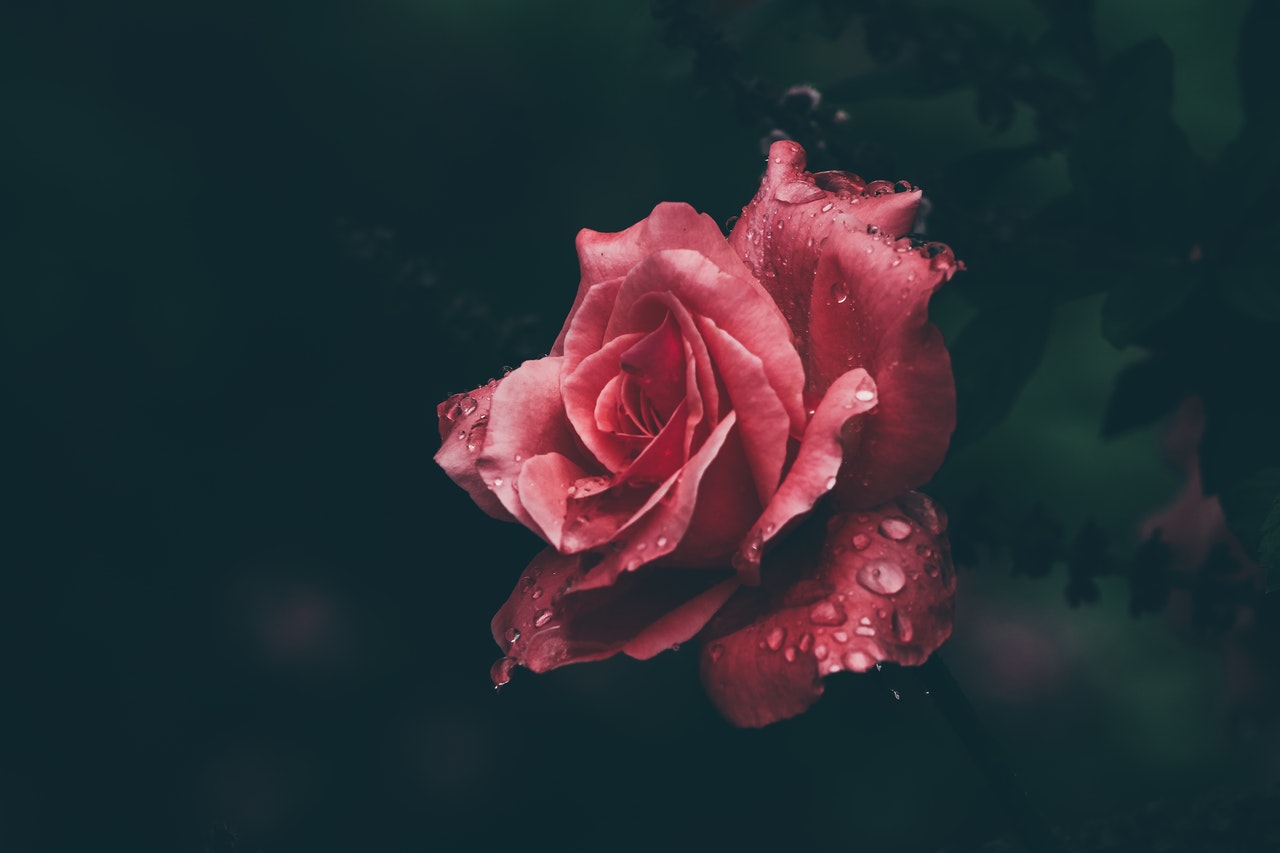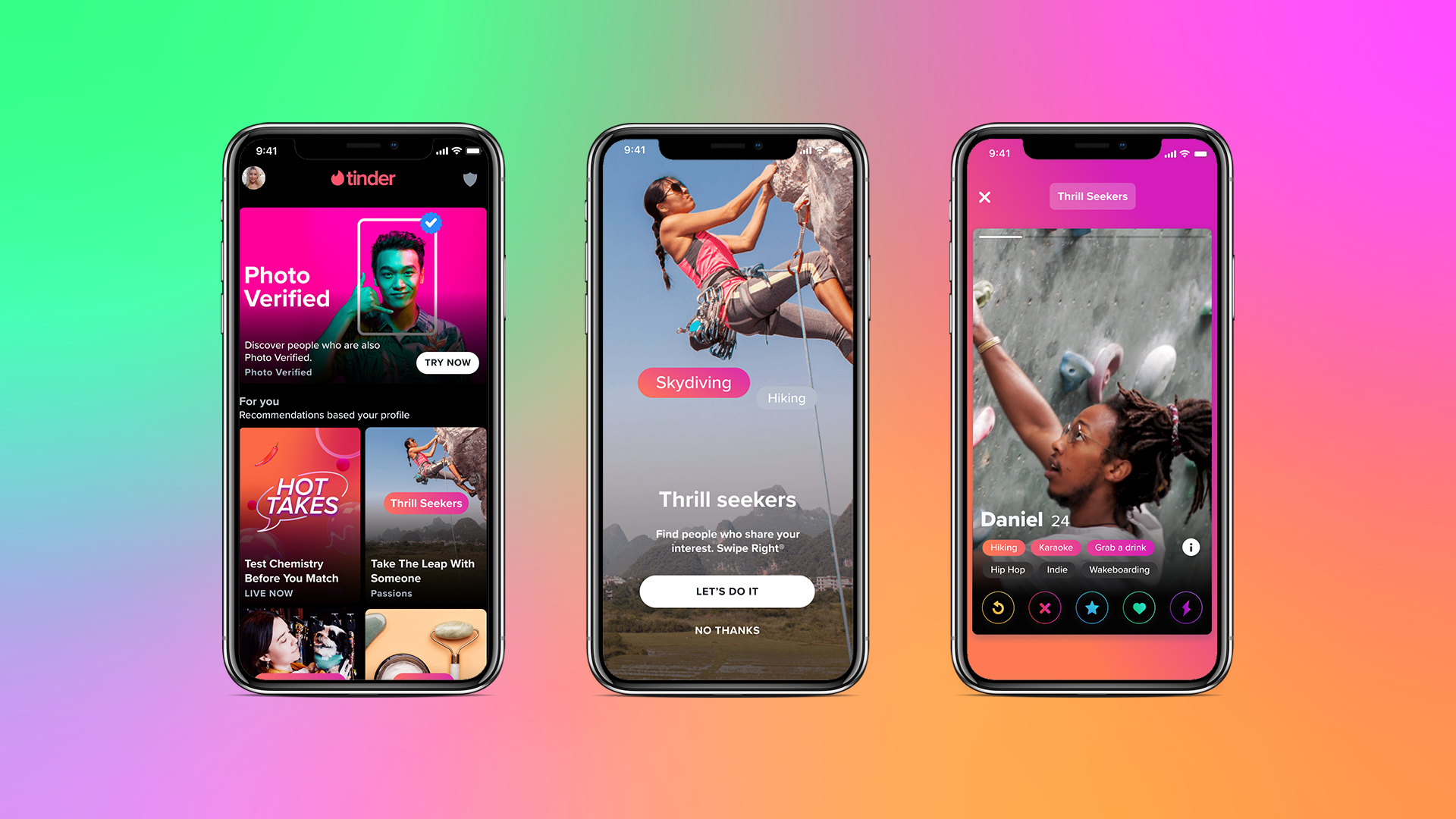You’ve said that you’re a big Alexander McQueen fan, and that he doesn’t like to play it “safe.” Do you think all writers and artists should aspire to do the same?
It depends whether the artists are mature enough to take the risk and take full responsibility for that risk. I believe that great art often comes hand in hand with being risky and being willing to push the way people respond and perceive art. However there are also plenty of examples where artists aren’t mature enough to handle the risks they take and this in turn not only has a negative impact on themselves but those involved in the work as well as the audience who receive the work.
You’ve also mentioned in the creative process of writing: Never forget who you are writing for. Who did you have in mind when writing Twice Removed?
My mother—not only a woman but also someone who doesn’t frequent theater very often. It was important for me to ensure that I wrote a piece that was relatable and accessible even to non-theater goers. While the play deals with women’s issues I wanted to write a play that can appeal to a diverse group of people and affect them on a number of levels.
Why breasts?
They’re so topical! Throughout the ages breasts seem to be a recurring symbol of femininity, virtue and sex appeal and even after decades of equal rights legislation, feminist movements and sexual harassment cases breasts still seem to play a key role in defining a woman’s femininity. In an era where getting a breast augmentation is as easy as ordering delivery for dinner I wanted to explore how a modern woman could confront the issue undergoing a full double mastectomy whilst still preserving her integrity and sense of self as a woman throughout the process.
It’s rare for men to write pieces about women. What drove you to do so?
The initial spark that spurred my desire to research and consider the topic further came from a conversation I had with a friend whose aunt had recently under gone a full double mastectomy. Even though I didn’t know his aunt, I remember being so affected by the fact that this woman didn’t have a choice. It was either remove her breasts or die. This led me to consider whether I, in that situation, would remove my own breasts to safeguard myself against cancer potentially developing? Based on the fact that to this day I (and many others) still can’t answer that question, it means that this is an important and relevant topic to be discussed.
Do you think it is unjustifiable for a woman to be viewed as unfeminine?
I think being viewed as feminine or masculine is a dated ideal that society has held on to for too long. Why should a strong woman be perceived as masculine? How does strength actually translate into masculinity? Similarly how does being a sensitive guy translate into him being feminine? Femininity in some parts of the world means being big and curvy and hairy and in other parts it means being super skinny with large breasts and blonde hair. I think a woman should be able to look and feel however she wants and shouldn’t have to feel pressured to try and fit the mould society prescribes as being feminine.
Do you think of yourself more as a playwright, actor, or producer? How do these different roles intersect with one another?
Like many artists I choose to wear a few different hats. However, to this day, my first and foremost passion is performing. My work as an actor fuels my work as a playwright and producer.
Are you a feminist?
I believe in equality. As for “feminist” that’s a term that seems to get a lot of people in trouble and I’m not taking that risk.
Watch Twice Removed to fully experience Girardi’s intuitive prowess.





